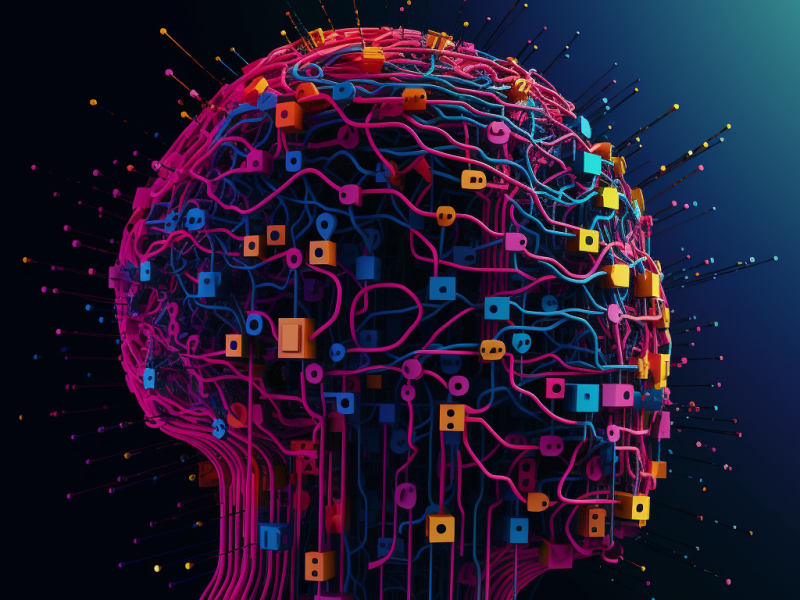Artificial Intelligence (AI) and Machine Learning (ML) have revolutionized the field of software development. AI refers to the simulation of human intelligence in machines, while ML is a subset of AI that focuses on the development of algorithms that can learn and improve from experience without being explicitly programmed. The integration of AI and ML in software development has led to significant advancements in the way software is designed, developed, and maintained.
Benefits of AI and ML in software development
The incorporation of AI and ML in software development offers numerous benefits. Some of these benefits include:
- Increased efficiency and productivity: AI and ML can automate repetitive tasks, reducing the time and effort required for software development.
- Improved accuracy and quality: ML algorithms can analyze vast amounts of data and identify patterns, leading to more accurate and reliable software.
- Enhanced user experience: AI-powered software can provide personalized recommendations and intelligent assistance, improving the overall user experience.
- Cost reduction: Automating tasks and reducing errors can lead to significant cost savings in software development.
Applications of AI and ML in software development
AI and ML have found applications in various aspects of software development, including:
- Code optimization: ML algorithms can analyze code and suggest optimizations for improved performance and efficiency.
- Bug detection and prediction: AI can identify and predict potential bugs in software, reducing the time and effort required for testing and debugging.
- Intelligent code completion: AI-powered code completion tools can suggest relevant code snippets and assist developers in writing code more efficiently.
- Automated testing: ML algorithms can generate test cases and perform automated testing, ensuring comprehensive coverage and reducing manual effort.
Challenges and limitations of AI and ML in software development
Despite the numerous benefits, the integration of AI and ML in software development also presents certain challenges and limitations:
- Data quality and availability: ML algorithms rely on high-quality and sufficient data for training. Obtaining and preparing suitable datasets can be challenging.
- Interpretability and transparency: Some AI and ML models, such as deep learning networks, can be complex and difficult to interpret, leading to concerns about transparency and accountability.
- Ethical considerations: The use of AI and ML in software development raises ethical concerns, such as bias in algorithms and the potential for misuse.
- Skill gap: Integrating AI and ML in software development requires specialized skills and knowledge, which may be lacking in some development teams.
Future trends and predictions for AI and ML in software development
The future of AI and ML in software development looks promising, with several trends and predictions shaping the field:
- Increased adoption of low-code and no-code platforms: AI-powered low-code and no-code platforms will enable non-technical users to develop software applications with minimal coding knowledge.
- Emphasis on explainable AI: There will be a growing focus on developing explainable AI models that provide transparency and interpretability, addressing the challenges associated with complex AI systems.
- Integration with other technologies: AI and ML will be increasingly integrated with other technologies, such as blockchain, Internet of Things (IoT), and augmented reality (AR), leading to innovative software solutions.
- Continuous learning and adaptation: ML algorithms will continue to evolve and adapt to new data and changing requirements, enabling software systems to improve and adapt over time.
In conclusion, AI and ML have transformed the landscape of software development, offering numerous benefits and opportunities. While challenges and limitations exist, the future of AI and ML in software development looks promising, with ongoing advancements and innovations shaping the field. As the field of software development continues to evolve, the role of AI and ML will only become more prominent. Embracing these technologies and investing in the necessary skills and infrastructure will be crucial for organizations to stay competitive and deliver cutting-edge software solutions. The future of software development lies in the seamless integration of human creativity and expertise with the power and potential of AI and ML, leading to a new era of intelligent, adaptive, and transformative software applications. Ready to harness the power of AI and ML in your software development projects? Contact us today to learn how we can help you unlock the full potential of these transformative technologies and take your software to the next level.

